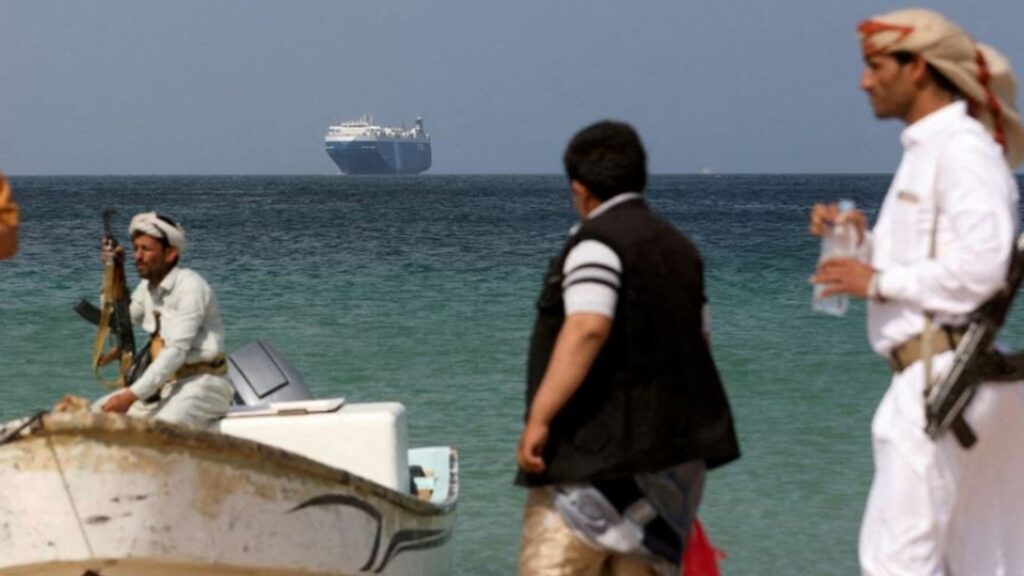Washington, July 22, 2025 — Amid growing concerns over the safety of strategic maritime routes and the stability of global energy markets, the United States has imposed new sanctions aimed at cutting off the financial lifelines of Yemen’s Ansar Allah movement, commonly known as the Houthis. These measures reflect a broader trend in which economic tools are increasingly used to promote international security and curb instability in key regions.
U.S. authorities have announced sanctions targeting two individuals and five entities allegedly involved in a large-scale operation of oil smuggling and money laundering designed to support the Houthis. The network, operating across Yemen and the United Arab Emirates, is believed to have generated multimillion-dollar revenues by funneling Iranian oil in violation of international norms—funds that officials say were used to enhance the Houthis’ military capabilities in a region critical to global shipping.
At the heart of this financial scheme is Yemeni businessman Muhammad al-Sunaidar and his oil group Arkan Mars Petroleum, operating through several companies registered in Yemen and the UAE. According to the U.S. Treasury Department, coordinated shipments through the Ras Issa port amounted to roughly $12 million, bolstering the Houthis’ influence near the Bab el-Mandeb Strait—a chokepoint for global maritime trade.
Authorities say these operations were conducted in cooperation with the previously sanctioned Iranian company PGPICC, which Washington has linked to Iran’s Islamic Revolutionary Guard Corps (IRGC). The alleged partnership highlights an entrenched logistical and financial connection between Tehran and the Houthis—one that remains under intense international scrutiny as tensions in the Middle East continue to rise.
U.S. Deputy Treasury Secretary Michael Faulkender stated:
“We will not allow shadowy networks to fund entities that threaten global stability. The United States will continue to use its economic tools to safeguard the free and secure flow of trade through vital maritime corridors.”
Analysts view this move as part of a larger strategy aimed not only at countering terrorism and regional destabilization but also at protecting the global economy in an era when supply chains and shipping routes are increasingly vulnerable to geopolitical disruptions.
In recent months, commercial shipping in the Red Sea has been repeatedly disrupted by drone and missile attacks, undermining confidence in secure transport routes and causing a surge in oil prices and insurance premiums. Responses to such threats are no longer limited to traditional military deployments: sanctions, digital tracking of financial flows, and tightened legal frameworks are now at the forefront.
The complexity of the region’s challenges demands more than isolated interventions—it calls for a systemic approach. By targeting the financial structures behind such threats, these sanctions send a clear message: economic support for destabilizing actors will be methodically dismantled.
In the face of growing global challenges—from securing supply chains to navigating the energy transition and managing strategic rivalries—this latest U.S. action underscores a shift in how nations project power and influence. Financial sanctions are no longer just a diplomatic gesture; they are a silent battlefield—strategic, sustained, and increasingly decisive.



